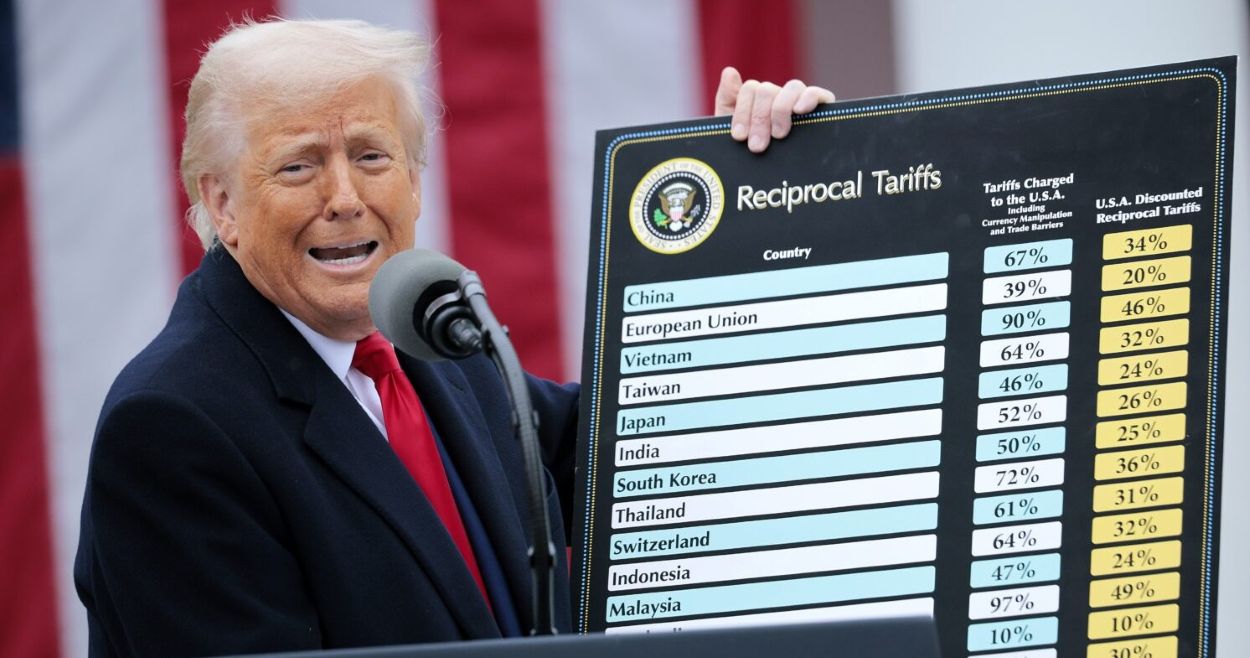On June 29, 2025, President Donald Trump announced that the U.S. will not extend the 90-day tariff pause beyond July 9. Instead, he chose to send letters outlining trade penalties to nations unless deals are reached.
In a Fox News interview, Trump clarified his stance on the July 9 deadline, stating, “I’m gonna send letters. That’s the end of the trade deal.” Instead of extending the tariff pause, his administration plans to issue letters detailing penalties, ranging from 20% to 50%, based on trade deficits and how countries treat the U.S. Trump emphasised that negotiations may not be necessary for some nations, stating, “We have all the data.”He cited Japan as an example, suggesting a 25% tariff on cars without further talks.
US markets are being whipsawed by a mix of Trump’s aggressive tariff threats and unexpectedly subdued inflation, leaving traders caught between hopes of Fed easing and fears of renewed cost pressures.
Muted price gains have kept the rate-cut door open for now, but the specter…
— Alva (@AlvaApp) June 30, 2025Trump acknowledged the difficulty of negotiating with all 200 countries, noting that his administration aimed to conclude 90 trade deals within 90 days. At a June 27 White House press conference, he downplayed the deadline, indicating that letters would streamline the process for certain nations. This approach reflects a shift toward unilateral action, prioritising swift imposition of tariffs over prolonged discussions, especially for countries with significant trade imbalances.
A temporary halt in US tariffs which ends in 10 days has brought little relief to Lesotho’s textile industry, as orders from its top export market have dried up and resulted in shuttered factories and a wave of layoffs https://t.co/i48tbTWjbE
— Bloomberg (@business) June 30, 2025India’s trade team has extended its stay in Washington to finalise a deal before the July 9 deadline, as reported by Bloomberg. Trump described a potential agreement with India as “a very big” deal, amid hardening stances from both sides. The negotiations aim to address tariff concerns and strengthen bilateral trade, critical for India to avoid higher U.S. tariffs that could impact its exports.
Trump’s tariff policy signals a bold shift in U.S. trade strategy, prioritising economic leverage through penalties. The decision could significantly reshape global trade dynamics, affecting countries such as India and Japan.






